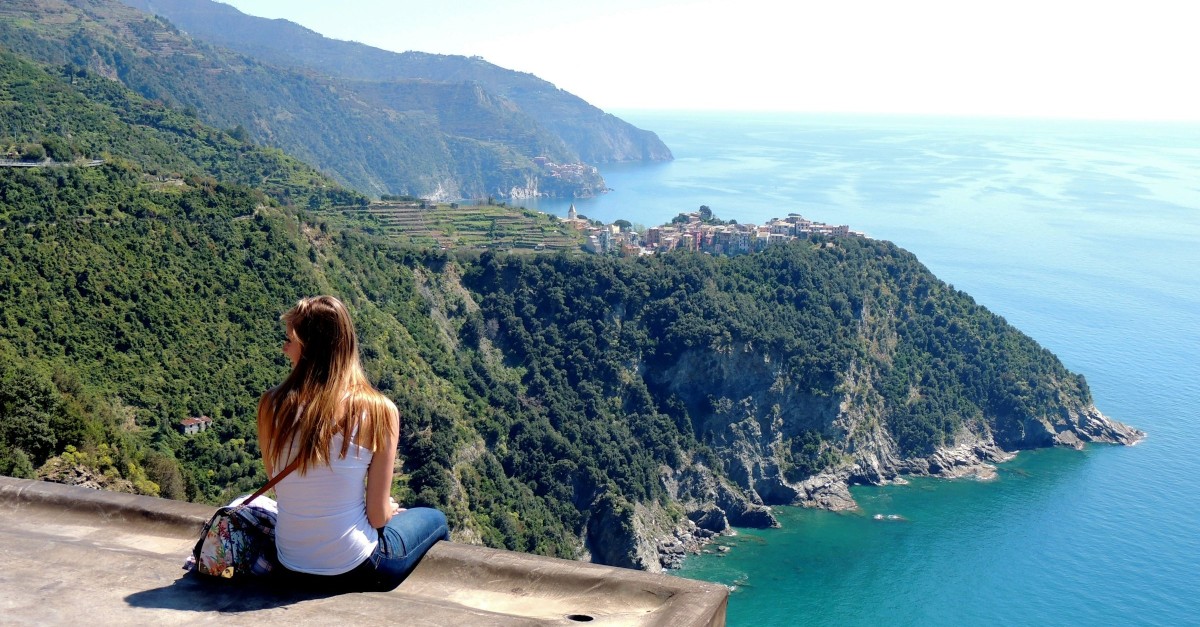
Planning a holiday in Italy should be an exciting and enjoyable experience, but with the rise of online scams, booking a rental can sometimes feel like navigating a minefield. As the allure of picturesque villas and charming countryside cottages draws in tourists, so do the potential risks of fraudulent listings and deceptive practices. To help holidaymakers safeguard their travel plans, the postal police, in collaboration with Airbnb Italy, have put together a comprehensive guide. This article will walk you through essential tips and strategies to ensure your holiday rental experience is secure and stress-free, allowing you to focus on making unforgettable memories in one of the world's most beautiful destinations.
Rental scams on the rise
With the arrival of the summer season comes the long-awaited holidays, but also the possibility of falling victim to online scams when booking accommodation online. According to the 2023 report from the state and cyber security police, last year, online fraud attempts increased by 6% compared to 2022. In 2023 alone, the postal police handled over 16,000 cases, including those related to booking holiday homes, packages, and travel tickets.
Scammer profiles
The first step in recognising a possible scam when booking a holiday home online is to understand who is on the other side of the screen. There are several typical profiles of scammers to look out for:
- A scammer on the run. This fake landlord has just moved abroad and cannot show you the house or welcome you in person, even though they are very keen to rent it to you. To dispel any doubts, they will explain that they're on business. The long-distance negotiation is the prelude to a request for an international transfer. The scammer will immediately start asking you for documents (useful to build his next fake identity), while there will also be a sudden need to conclude the deal within 24 hours. All followed by a fake Airbnb booking page, a fake Airbnb invoice and a real disappearance after receiving a large deposit.
- The IT guy. The host has indeed created a holiday rental listing on an official website, but as soon as you ask for information via the app they suggest for convenience that you continue the conversation by email. In time to ask you a couple of things about your arrival, they will send you another email informing you that due to a problem with the calendar update, the property listing is not currently visible in the search (they have actually removed it), and provide you with the direct link, obviously to a cloned site that will look very similar to the untrained eye.
- The companion. In this case, the host also has a listing for their property (posted too recently and with no reviews). The page convinces you and you book. The scammer is friendly, very kind and happy that you have chosen their house and will even offer you a nice discount. However, they then suggest that you cancel your booking on Airbnb or other holiday rental sites and deal privately, saying something along the lines of, "so we can both save on the commission". Once the transfer has been received, the friendly owner will give way to a deafening silence: Mr Nice Guy has disappeared and is already hunting for another victim.
Tips for avoiding holiday rental scams in Italy
Due to the rise in holiday rental scams, the online travel booking platform Airbnb Italy has compiled an eight-point guide to follow to avoid scams:
- Check the website address to ensure you are booking on the official platform. The best solution is to go directly to the Airbnb app or the official website.
- Do not click on unknown links. If you are unsure about the source of a message, it is better not to interact and, in any case, do not click on unknown links.
- Do not pay by bank transfer; always use a credit card which offers greater protection.
- Be wary of offers that are too good to be true or requests for a deposit. If an offer seems too good to be true, it most likely is.
- Book, pay, and communicate only directly on the Airbnb platform or on the official platform of any other holiday rental site. Do not be convinced to conduct transactions privately because you cannot benefit from the guarantees provided by Airbnb or other companies.
- Always read reviews from other guests to be sure about the house you want to rent and ask the host appropriate questions before securing the dates.
- Contact the host before departure to arrange the arrival. If there is no response, it is always better to contact customer service.
- Choose the right channel to communicate with Airbnb, whether it’s for controversial or suspicious messages or to report having made a payment outside the site.